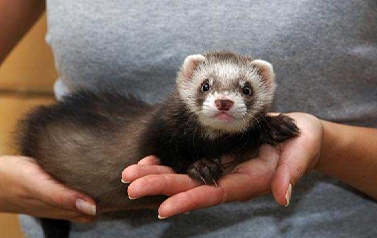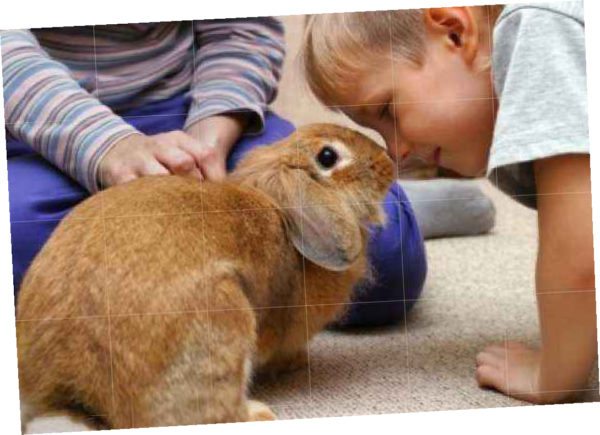Ferrets, with their great intelligence, energy and charisma, have earned a place among the favorite and most loved pets by humans. It is increasingly common to find someone with this little animal, and it is no longer an unknown animal in many parts of the world.
Indice
Caring for and sharing day-to-day life with a ferret is a very interesting experience, although sometimes challenging because it is an exotic animal. Unlike dogs and cats, about which much information is available, ferrets are still a world to be explored. Therefore, knowing the 3 ways to know your ferret is healthy and happy is an invaluable tool to make sure your little furry one is in the best condition.
His day to day life
A ferret that doesn’t miss any of its meals, takes its long naps and does its business regularly is a healthy animal ready for many adventures. When a ferret is sick, it is often evident because it has stopped eating or has gone more than 12 hours without going to the bathroom, which could indicate a blockage or gastrointestinal problem.
As for their naps, which can rival those of cats, be on the lookout. If the naps are accompanied by normal feeding and defecation, and there are no signs of health problems such as hair loss or lethargy, there is nothing to worry about. These small animals can sleep up to 20 hours at a time if left alone. However, if lethargy, loss of appetite or weight loss, among other symptoms, is present, there could be a problem.
No destructive or defensive behaviorç
To know if a ferret is happy with its lifestyle, observing its behavior can be helpful. A bored or frustrated ferret, who does not play and spends the day cooped up with no entertainment, may show discontent with noticeable destructive energy. He may tip over his food and water containers, turn everything within reach upside down, screech, and go on for hours until he gets attention.
On the other hand, avoidant or defensive behavior, such as hiding, hunching the back, raising the tail or snorting, indicates that the ferret is afraid or unhappy. This behavior is common in the first few days in a new home, but if it persists beyond this stage, something is frightening or making it uncomfortable.
The absence of these behaviors, replaced by a playful and curious energy, is a clear sign that the ferret is comfortable and getting the attention it deserves.
Let there be no lack of play
Ferrets are very active and playful animals. Once they have recharged their energy, they run, jump, spin, dig, nibble on their toys and do all sorts of activities that they find entertaining. Play is a vital part of their routine and cannot be missed. Through play, they express themselves, discover the world and show that they are happy and comfortable. If a ferret does not play, it means it is not feeling well.








